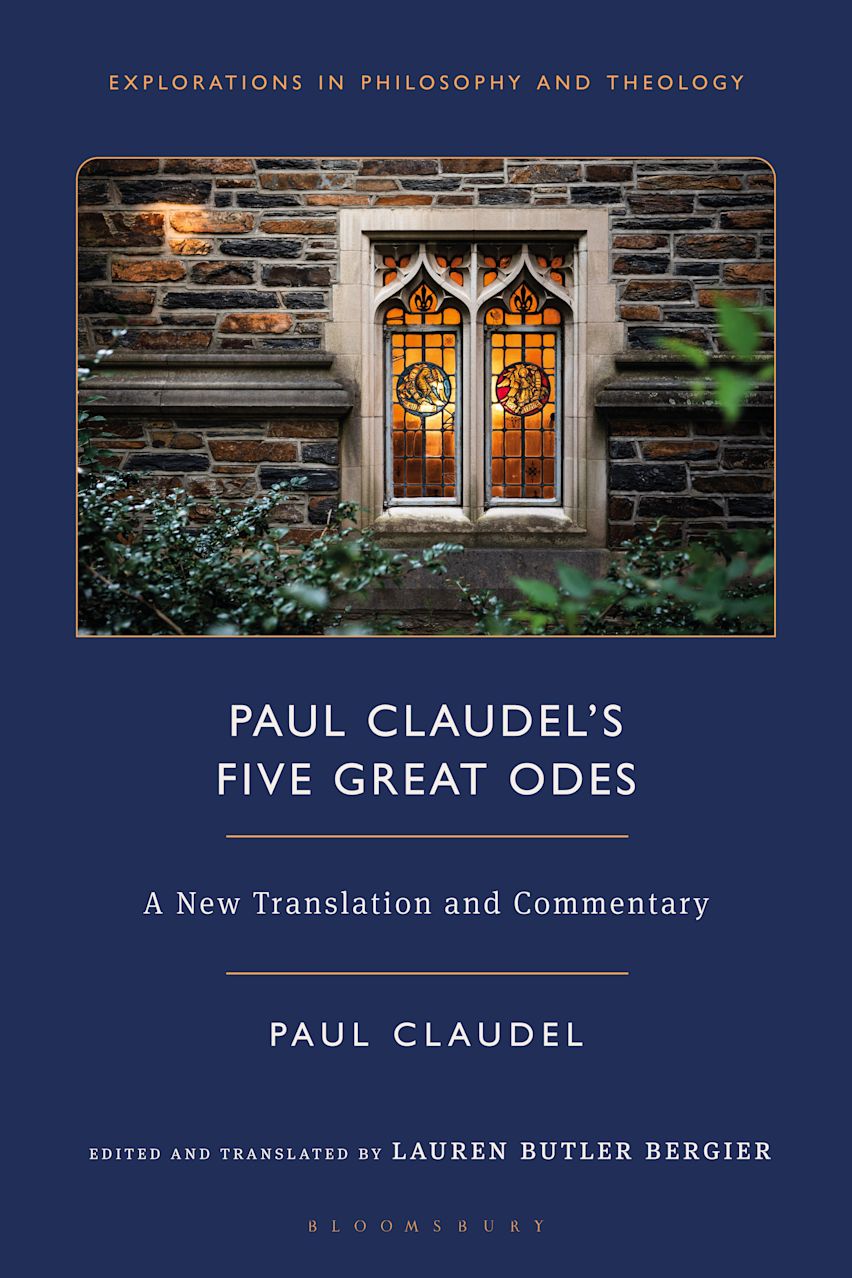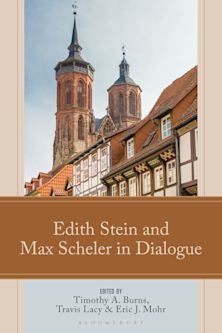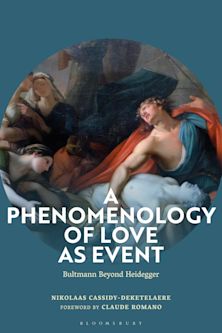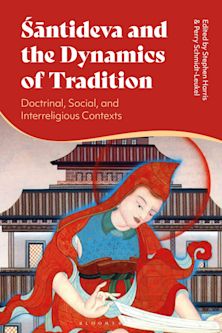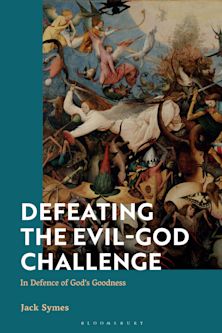Paul Claudel’s “Five Great Odes”
A New Translation and Commentary
Paul Claudel’s “Five Great Odes”
A New Translation and Commentary
Payment for this pre-order will be taken when the item becomes available
This product is usually dispatched within 2-4 weeks following the publication date
- Delivery and returns info
-
Flat rate of $10.00 for shipping anywhere in Australia
Description
Lauren Butler Bergier provides an accurate and poetic English translation of Paul Claudel's Cinq Grandes Odes (1907), with detailed commentary introducing Claudel's style, his sources, and the poems' historical context.
A seminal text in European literature, this long-awaited critical translation makes available Claudel's beautiful and edifying poems that speak to doubt and to faith, to love, to grief, and to hope. To great effect, Bergier retains Claudel's innovative verset structure, affording English readers a true sense of the poems which, with corresponding line numbers throughout, can be read alongside the original French folio edition.
In this volume's comprehensive introduction, Bergier presents the historical and scholarly context in which Claudel was writing; the importance of the verset claudelien to the history of French poetics; and the influence Claudel had on theologians such as 20th-century Swiss theologian, Hans Urs von Balthasar. Further providing commentary, each Ode is also accompanied by an essay. These essays not only speak to the main themes of each poem, but also point to Claudel's key sources of inspiration, from liturgical texts and the Bible to classical literature, philosophy, and 19th-century French poetry.
With a preface and postface by distinguished philosophers, Jean-Luc Marion and Rémi Brague, as well as a new translation of Claudel's essay, 'Processional to greet the new century', this volume has everything scholars and students need to enjoy, and moreover, truly understand Claudel's poetic masterpiece.
Table of Contents
Acknowledgments
Introduction
1. The Muses
2. The Spirit and the Water
3. Magnificat
4. The Muse Who Is Grace
5. The Closed House
Conclusion
Postface: On Consideration, Rémi Brague (University of Munich, Germany)
Bibliography
Index
Product details

| Published | 19 Feb 2026 |
|---|---|
| Format | Hardback |
| Edition | 1st |
| Extent | 224 |
| ISBN | 9781350434349 |
| Imprint | Bloomsbury Academic |
| Dimensions | 234 x 156 mm |
| Series | Explorations in Philosophy and Theology |
| Publisher | Bloomsbury Publishing |
Reviews

ONLINE RESOURCES
Bloomsbury Collections
This book is available on Bloomsbury Collections where your library has access.











